As you become known as an expert in your industry, you might start being invited to speak on panels at industry conferences and events.
Some people prefer speaking on panels over giving talks because the focus isn’t all on them. Other people find panel discussions more intimidating because they have less control over what comes up. What if they’re asked a question they don’t know how to answer?
When I first started speaking on panels, I wasn’t keen on them at all.
I felt like we panelists were competing for air time with each other and that one or two dominated the conversation. Oftentimes another panelist would say what I wanted to say, and I’d be left wondering what I could bring to the discussion. 🤔
 Plus, I often find that I’m the speaker with the contrarian view, and I didn’t know how to handle that gracefully.
Plus, I often find that I’m the speaker with the contrarian view, and I didn’t know how to handle that gracefully.
It seemed much easier to do a whole talk by myself, so I had control over the content and my own space. But I knew panel events were a great opportunity and that plenty of my friends loved them, so I did the obvious thing…
I hosted my own panel!
I invited three experienced panelists, Bobbie Carlton, Kit Pang, and Sarah Robinson, to speak on my virtual panel, so I could ask them all my burning questions– how to handle the issues of airtime, contrarian views, and particularly, what they loved about speaking on panels.
I’d like to share some of the tips that helped me go from nervous panelist to confident panel speaker, so you can do the same!
Learn how to speak on a panel of experts and feel confident doing it! Share on X1. Prepare
Before the event, ask the panel organizer to tell you about the panel discussion format, so you know what to expect.
Find out how long the discussion will last, who the other speakers are, what questions you’ll be asked, and if you’ll have a chance to pitch your products or services.
I’d also recommend researching the other panelists, so you know what their specialisms are, what similarities or shared interests you have, and whether they have any strong views that are in opposition to your own.
Don’t shy away from your contrarian view. It’s your differentiator. Not everyone will agree with you. That’s fine. That’s a good thing.
But you need to prepare for it. After my panel about panels, I realized that was my mistake– I wasn’t ready.
I was invited to speak on a panel about overcoming fear. Each of the other panelists– 4 of them– offered some version of “Just do it. Don’t let your fear hold you back.”
The moderator was about to move on, because, hearing from 4 people who agreed seemed enough. But this is the whole crux of my approach– Don’t ignore the fear! Instead, reveal and heal the root causes.
(Can I also interject, that 5 people on a panel is too many?)
I blurted something out, not to be overlooked. It didn’t come out graceful, grounded, or poised. At least I gave it a go!
Now I know I need to prepare for how I will insert my contrarian view. Here are a few ways.
- “I have a different view on this.”
- “My experience has led me to a different approach that eliminates the fear so my clients don’t need to ignore, fight, or push through their fear.
- “I disagree. Here’s why.”
What do you stand for that’s different from the majority in your industry? Think of ways you can introduce your contrarian point of view. It’s not a matter of “if” it will come up, rather “when.”
Be prepared.
2. Remember what it means to be an expert
If you’re new to speaking on panels, you might be worried about answering questions on the spot. What do you do if you don’t know the answer to a question?
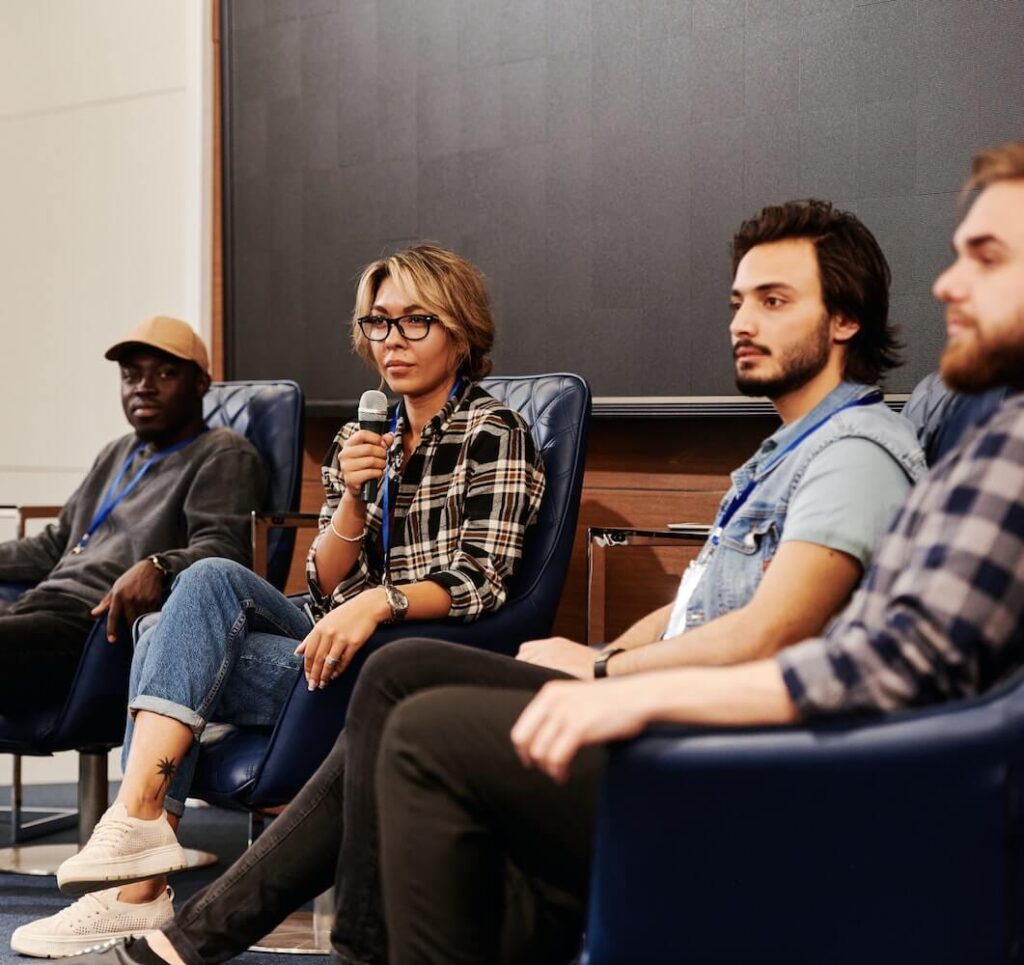
First, it’s important to remember that you’re not an encyclopedia. No one is expecting you to know everything there is to know about your topic.
Imagine for a second that you have a problem with your car. You’d take it to an expert on cars – a mechanic. Would you expect your mechanic to know every single thing there is to know about cars? No. But you’d still want their advice, wouldn’t you?
Would you judge them if they didn’t know exactly what the problem was with your particular car in this particular situation? Would you expect them to lie and pretend that they knew? Or would you be happy for them to do a bit of research before getting back to you with an answer?
It’s also worth noting that the whole point of getting a bunch of experts together for a discussion is to hear their different viewpoints and learn from their different knowledge bases. If you all had the exact same set of knowledge, the panel would be really boring.
Let it be okay that you don’t know everything. Once you get comfortable with that idea, you’ll find it much easier to handle difficult questions.
Here are some answers you could give:
- “I don’t actually know the answer to that, but I can certainly find out for you.”
- “I’m not sure about that. Does anyone else know?”
- “I don’t know about that, but what I do know is…”
3. Be honest
On a similar note, remember that making mistakes and being vulnerable makes you seem more human. You’re an expert, not a robot, and your audience will connect with you so much more if you act like a regular person!
Novelist Jenna Blum gives readings to promote her books. Her advice is to be honest when answering tricky questions.
If a question comes up that you were hoping to avoid, say, “I was worried someone would ask that because it’s a controversial topic. However, in my experience, …”
She also recommends thinking ahead of time about the questions you’re most worried you’ll be asked. What don’t you like about them? How would you answer them truthfully?
If you don’t have a definitive answer for something, your audience will understand. Especially if you can explain why you don’t have an answer or educate them on what it would take to answer that question.
4. Access your current speaking confidence
I was once at a psychology conference, talking to another attendee who told me she was nervous about speaking on a panel later that week. She wasn’t going to have the questions ahead of time and she was worried she wouldn’t be able to express her ideas well on the spot.
I asked her about her area of expertise and she chatted away happily. She was completely at ease and she answered my questions articulately and excitedly. She was in the flow.
When I pointed this out to her, her face lit up. I suggested she kinesthetically capture the confidence she was feeling in our conversation –to remember how fluent and comfortable she feels. I then invited her to future imagine feeling that same way speaking on her panel. She got the point and felt encouraged and much more excited for the opportunity.

If you’re feeling nervous about speaking on a panel, think about the times when you do feel confident and you’re able to speak with ease. Then envision that feeling in your imagination. You’ll more easily access that part of yourself when you’re on stage.
5. Be present
Don’t make the mistake of seeing a panel event as a series of mini monologues where each speaker takes their turn in the spotlight. Panels are conversations, so don’t tune out just because it’s someone else’s turn to speak.
Listen to your peers’ answers, comment on and respond to them, and allow your body language to communicate your thoughts. Show your surprise, understanding, and thoughtfulness through your facial expressions. It will not only keep you engaged, but it will also make the panel more interesting for the audience.
6. Improvise
The best discussions, whether on a panel, a podcast, or a Q&A have elements of surprise. You’ll be met with a question or idea that you’ve never considered before. When this happens, you’ll have to improvise.
To get good at thinking on your feet, practice your speaking improvisation. Consider taking an improv class.
Or join the next round of Think On Your Feet where you practice the art of spontaneous speaking, so you can feel confident in any situation where you might be put on the spot.
Speaking on a panel isn’t about being a perfect, flawless industry expert. It’s about creating a meaningful experience for the audience where you contribute your ideas and perspectives along with other experts, to bolster everyone’s understanding of the topic or issue at hand.
See panel events as opportunities to connect with people, as well as to explore, enhance, and share your knowledge and passion. This way, they become fun conversations rather than intimidating performances!
What in this list are you going to implement? What have you used successfully that you would add? Put them in the comments below.
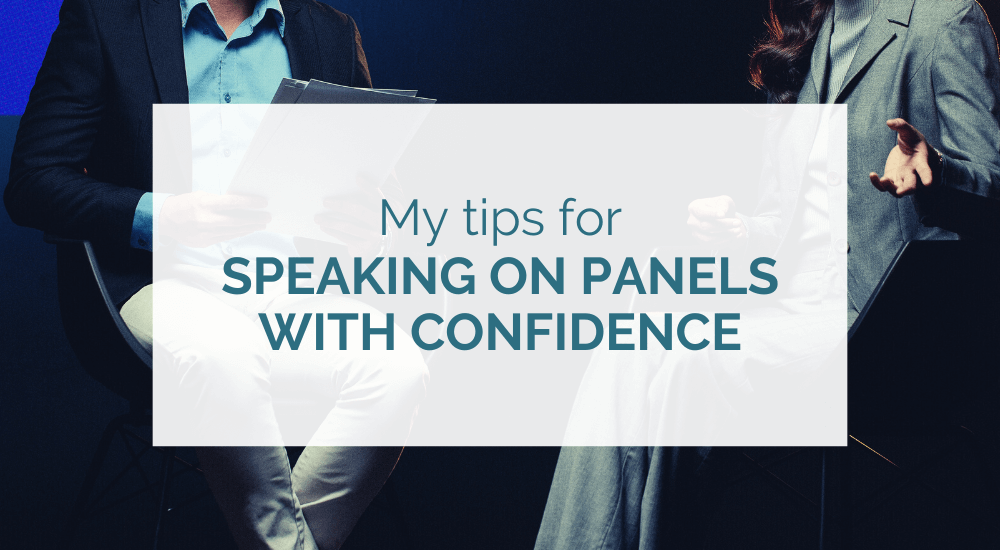
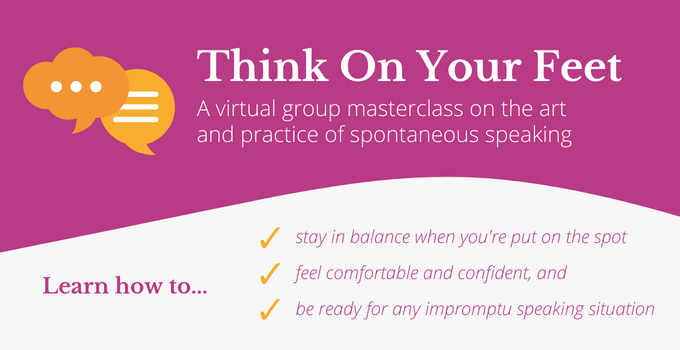

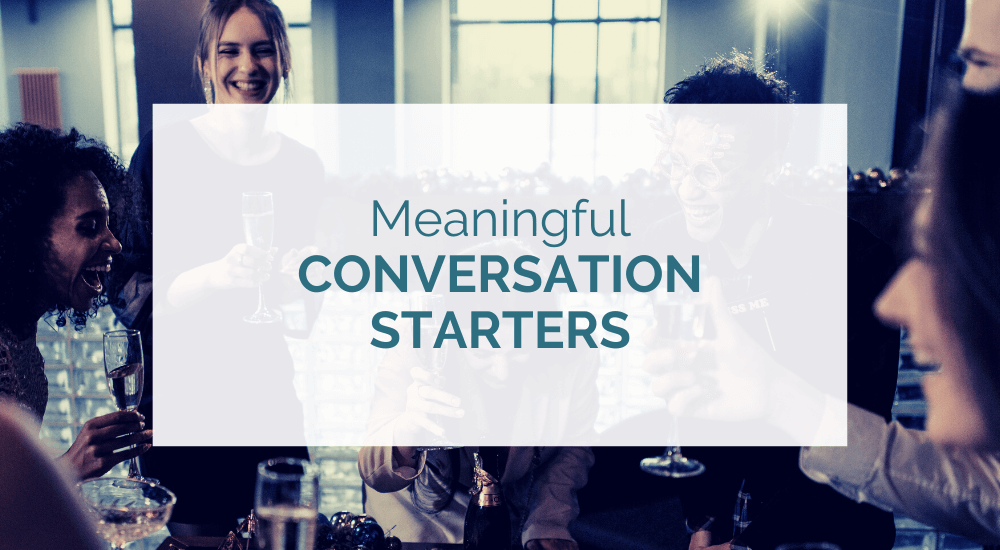
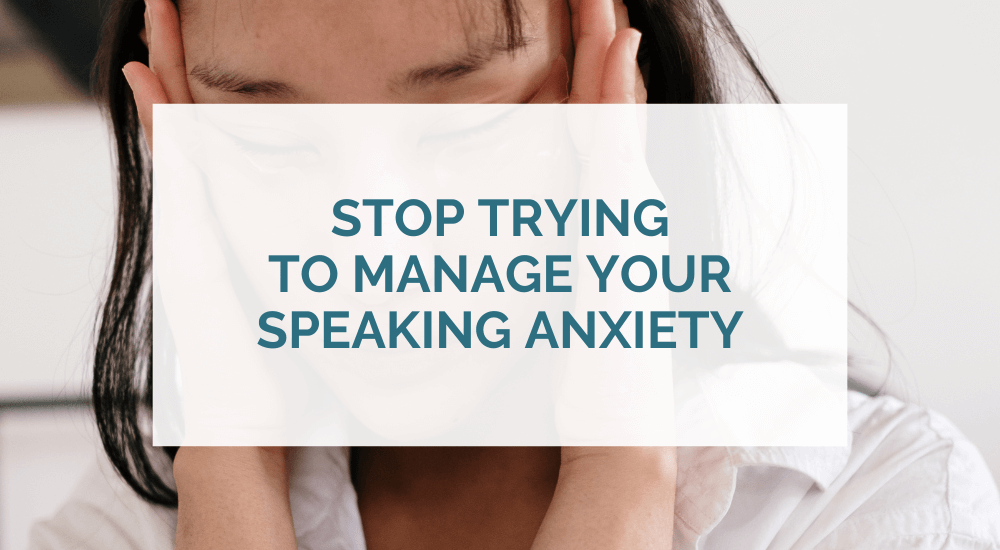
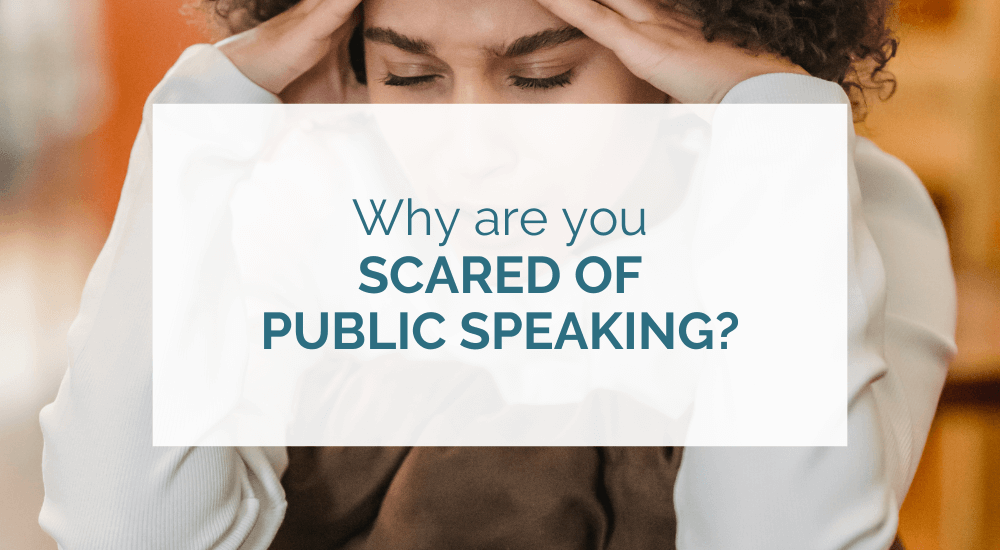
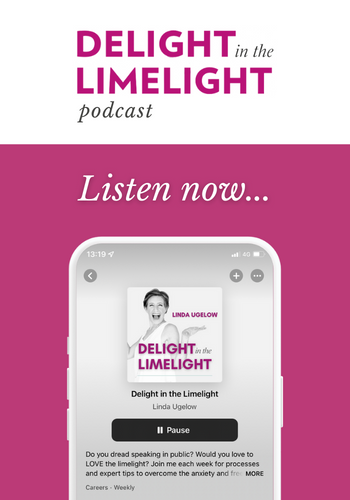
0 Comments